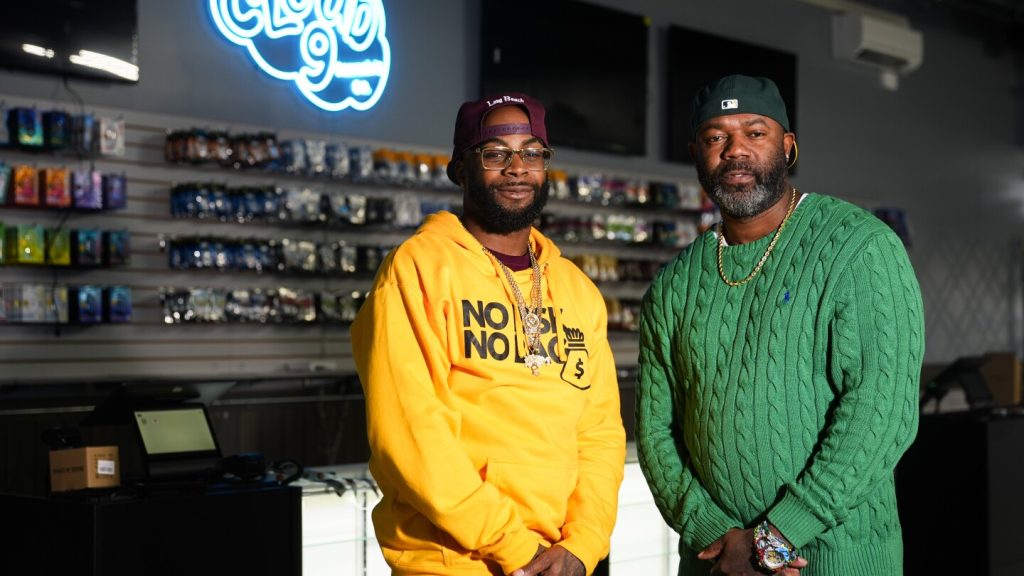Washington state has been at the forefront of efforts to make the legal marijuana industry more accessible to minorities who have been disproportionately affected by drug laws. Sam Ward Jr., a Black man who had been indicted on federal drug charges in 2014, is now the CEO of a cannabis store, Cloud 9 Cannabis. He is one of the first beneficiaries of Washington’s program to provide opportunities for those harmed by the war on drugs. Ward’s success reflects the goals of social equity programs which aim to address the damage done to communities of color that have been over-policed and disproportionately impacted by drug laws.
Despite the legalization of recreational marijuana in several states since 2012, efforts to help those most affected by drug laws participate in and benefit from the legal cannabis sector have been challenging. Social equity programs in many states include provisions such as expunging criminal records for certain pot convictions, providing cannabis business licenses and financial assistance to those with cannabis-related convictions, and allocating marijuana tax revenues to affected communities. However, states have varying criteria for defining who can apply for social equity marijuana licenses and they are not necessarily based on race.
Entrepreneurs like Ward have faced obstacles in opening cannabis businesses, including challenges in finding locations due to local bans on cannabis businesses and obtaining bank loans due to federal prohibition. The stringent background checks required by early states to keep criminals out have also hindered the participation of those with criminal histories. States that have legalized more recently, such as Arizona, Connecticut, Ohio, and Maryland, have included social equity initiatives from the start. Despite these challenges, progress is being made in Washington, where the state is working with social equity licensees to help them open cannabis businesses.
Washington’s social equity program has provided opportunities for individuals like Ward to enter the legal cannabis industry and turn their lives around. Ward, who had a troubled past involving drug dealing and prison time, has now become a successful business owner. With the support of Black entrepreneur Dennis Turner, Ward and his partners launched Cloud 9 Cannabis in Arlington, Washington. Turner, who sees social equity programs as a chance to uplift others in similar situations, is also working to open cannabis stores in other states through social equity initiatives. The hope is that stories like Ward’s will inspire other social equity licensees to succeed and give back to their communities.
The challenges faced by social equity licensees like Ward and David Penn Jr., another individual benefiting from Washington’s program, highlight the ongoing hurdles in achieving equity in the legal marijuana industry. Penn, who was arrested on a crack cocaine charge as a teenager, is working to open a cannabis store in Pasco with the support of a friend in the industry. While state grants are available to help with expenses, they may not be sufficient to fully launch the businesses. The success of social equity programs in providing opportunities for individuals with criminal histories and limited resources to enter the legal cannabis market will depend on continued support and resources from state governments and the industry itself.
Overall, efforts to promote social equity in the legal marijuana industry are essential to address the injustices of the war on drugs and provide opportunities for individuals who have been disproportionately affected by drug laws. While there have been challenges and setbacks in implementing social equity programs, success stories like that of Sam Ward Jr. demonstrate the potential for individuals to overcome adversity and thrive in the cannabis industry. Continued support, resources, and advocacy for social equity initiatives will be crucial in ensuring that the benefits of legalization are shared equitably among all individuals, regardless of their background or past experiences.


